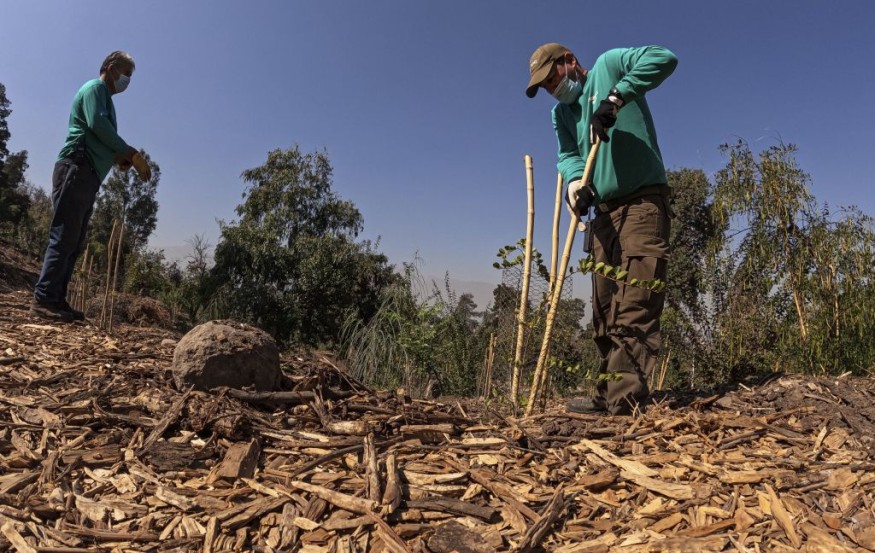
A 13-year megadrought is putting Chile's groundwater supplies to the test from the Southwest of the country to Patagonia.
Huge Areas in Chile Suffer from Megadrought
As shown in the recent report of The Guardian, through the conclusion of 2021, the fourth extremely dry season on history, and over 50% of Chile's 19 million people resided in districts with extreme water shortage, and an extraordinary hydro restrictions scheme for Santiago was revealed in April.
Chileans are totally reliant on rescue lorries to transport potable water in numerous of remote regions in the nation's center and north.
According to said Pablo Garca-Chevesich, a Chilean hydrologist at the University of Arizona, water is now a nationwide economic concern - it's that severe. It is the nation's most serious economic, societal, and energy concern and if the government do not fix this problem, freshwater will be the catalyst for another rebellion.
Numerous individuals have asked for a reform of Chile's 1981 freshwater legislation, a vestige of Gen Augusto Pinochet's regime (1973-1990) that upholds one of the planet's greatest privatized drainage systems, permitting citizens to purchase and trade water allotment like commodities, Enviweb report.
There's a basic issue in this: the final purpose for the freshwater is to create profit, not to provide welfare for citizens.
"This is where I born and raised, and it kills me that the reservoir is no longer there, that the forests are withering out, and the birds have vanished, remarked Caru, who hopes the reservoir will reappear someday.
As per Alfonso Ortz, 73, a producer who always used to hire many people to cultivate cantaloupes, squash, maize, and citrus with swamp waters, he used to serve all of the marketplaces and villages in the vicinity.
While for Carolina Vilches, who was appointed to the nation's constituent assembly in March 2021, the humanitarian entitlement to water is infringed each day in Chile.
The lake at Aculeo - which means "where the streams cross paths" in the Indigenous dialect Mapudungun - had one hovering café catering tourists in the 1990s, and watercraft cruised the lagoon all season long.
Amongst their requests, which varied from higher retirement to welfare overhaul, was the slogan "it's not drought, it's robbery."Similarly, Flipboard has published regarding a current finding wherein co-authored by Garca-Chevesich, discovered that the acquisition of maritime claims, regional demographic increase, and global warming all conspired to entirely dry out the lake.
Chile Administration Ought to Solve Drought Issue
Significant Huge farming developments and residential properties officially obtained the access to the river's freshwater in 2010, siphoning off the primary streams.
This is why what officials have written in the legislation is so important - experts ought to shift our perspective on irrigation. Officials really ought to hit the valves and accept accountability for all of the mistakes that have previously been made.
Notwithstanding accounting for only 3% of Chile's GDP, reforestation consumes over 59 % of the nation's natural resources, according to the proprietary ownership regime.
Chile is arguably the sole nation on the planet whose legislation expressly states that irrigation entitlements are privately owned business. Chile's industry, the highest in South America in terms of per capita GDP, is based on water-intensive extractivist sectors such as mineral extraction, forest management, and agricultural.
Additional 37% is allocated to agriculture, leaving only 2% for human utilization in Chile. President Boric signed a change to the 1981 irrigation policy that had been stalled in Congress for 11 years in April.
Boric, 36, signaled his purpose by naming famous environmental expert Maisa Rojas as his environmental diplomat - but he doesn't have to go far to get a stark warning of the challenge ahead of him, as per Daily Climate.
Related article : Earth Heads to Catastrophe as Humans Make the Climate Warm and 'Chaotic'
© 2025 NatureWorldNews.com All rights reserved. Do not reproduce without permission.





